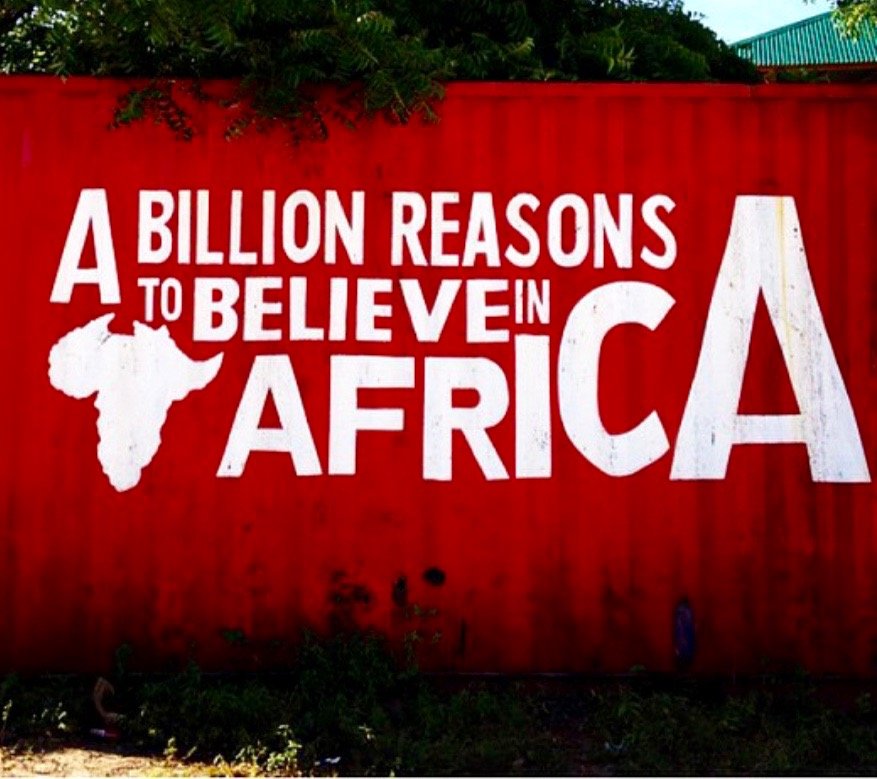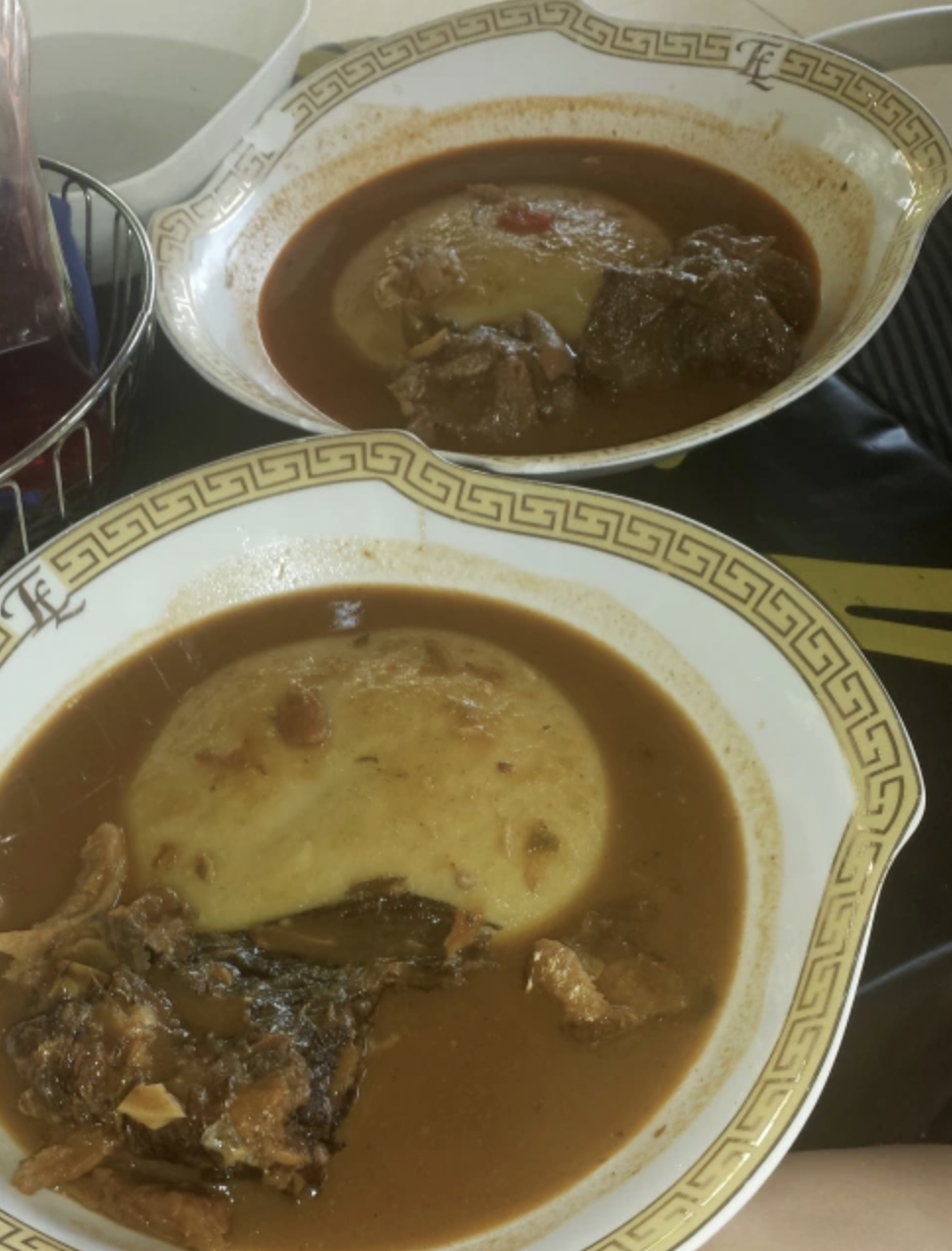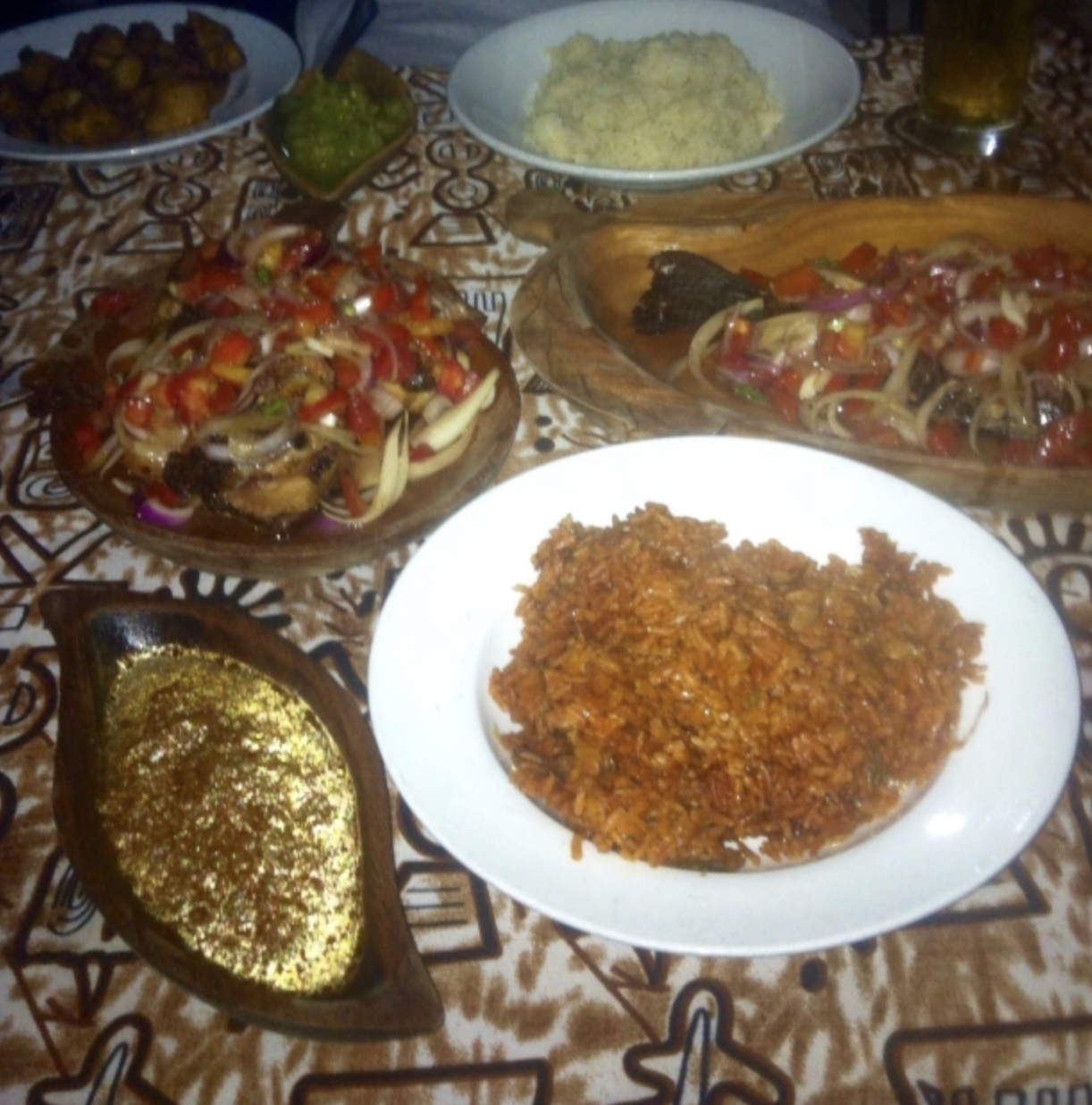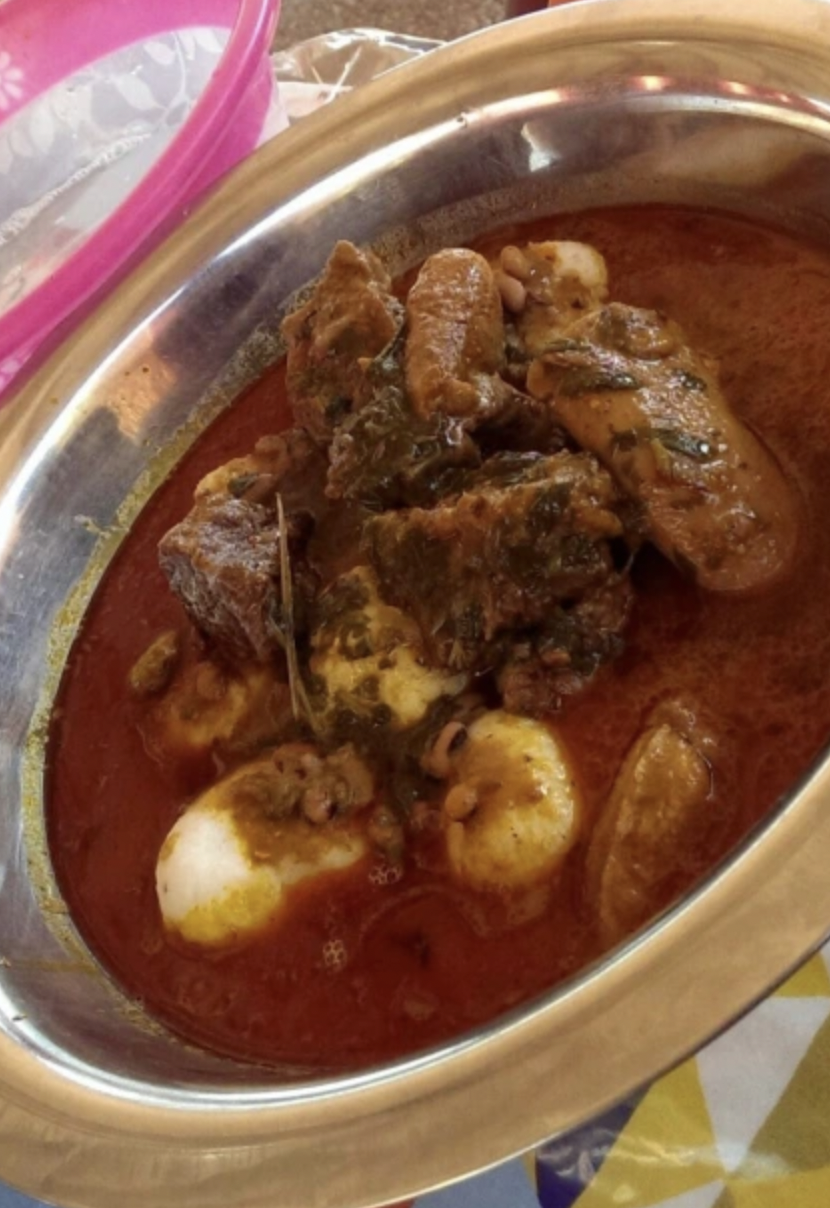GHANA IS NOT JUST A PLACE, IT IS A FEELING
By: Stacey Julie Lopez
In the spring of 2014, I decided to do a semester abroad with my university through the University of California Education Abroad Program (UCEAP). While many of my classmates were submitting applications to study abroad in London, Madrid and Paris, I decided to pursue the road less taken. In my heart, I knew I was destined for Africa. But as vast as it is, I had no idea where exactly to start. At the time, EAP provided programs in Botswana, Ghana and Egypt. By the time I decided I wanted to study abroad, I’d already missed the deadline to apply for the Botswana program and the Egypt program was limited to certain majors. So, Ghana it was! A few weeks later, I received my acceptance letter to study at the University of Ghana, Legon and I was overwhelmed with joy and excitement. But as the pre-departure process began I would soon be filled with doubt from external sources. As I informed family members and friends of my study/travel plans, those feelings of excitement quickly turned into nausea.
The reactions all varied from “wow, you’re so brave!” to “be careful, girl, I heard some shit is going down over there” to “aren’t you scared you’ll catch something?” It was incredibly frustrating to me that people didn’t seem to share my enthusiasm. And I knew, had I decided to go to London, Madrid or Paris the reactions would not have been as discouraging. I began to wonder, had I been hasty in making such an important decision?
Entrance to the women’s dormitory where I lived for a semester
For many, the continent of Africa is a mystery, making it easy to create generalizations. When people think of Africa, they picture the emaciated poster child often times used by Save the Children campaigns, conjuring images of war, famine and disease. And although this may be the case for a small number of African countries, it is not the same for the vast majority. Africa is extremely diverse – possessing 47 countries (55 if you include the islands off the coast), over 1,500 official spoken languages and dialects and many various religions. These are just some of the factors that influence culture, philosophy, governance, economics, societal values and art in all of these countries.
The city of Accra (Ghana’s capitol), itself, is bustling with activity day and night. The earth is a beautiful redbrick color, the skies are always blue and the people always in high spirits. Ghanaians are some of the most peaceful people I have ever met and the level of hospitality is heartwarming. At the same time, Ghanaians are also extremely hardworking. Many service jobs require long overnight 12-hour shifts. And most clerical jobs often involve waking up at 4:00am daily in order to avoid rush hour or take public transportation. Ghanaians are not afraid to perform backbreaking labor. Simultaneously, Ghana possesses some of the most innovative businesses in West Africa.
I don’t blame anyone for having a misconstrued image of Africa. It is difficult to understand a place you have never been to. My hope is that I can change at least one person’s misconceptions about Africa – easing fears and concerns about safety and encouraging travel to lesser-acknowledged destinations. I have put together a list of recommendations and travel advice – including a few things I wish I’d known prior to my departure (for peace of mind). I hope that I can shine some light on the otherwise mysterious cloud that shrouds the continent of Africa.
PRE-DEPARTURE
Lets just get this clarified and out of the way: You are not going to die from Malaria!
My university’s health insurance only covered half of the daily anti-malaria medication that I was prescribed. I was in a panic because the nurse at the health center told me any anti-malaria medication sold in Ghana is counterfeit. I went through a grueling process of rushing to the local Emergency Room and having my personal insurance cover the remainder of the medication, which also had to be switched to a generic brand. HOWEVER, weeks into my study abroad program I decided to stop taking the medication and never contracted malaria throughout my entire six-month stay. On the other hand, there were kids in the program who took their anti-malaria medication faithfully every day and still contracted malaria
Yes, malaria is common. However,
Anti-malaria medicine is extremely easy to find over-the-counter (and affordable) and you don’t necessarily need it pre-departure (which can be very pricey if you don’t have insurance that will cover it)
If you happen to contract malaria, it is extremely easy (and affordable) to find treatment over-the-counter. Recovery time is usually 2-3 days (about the same amount of time it takes to recover from a cold or the flu)
Signs of malaria: Fever, shivers, nausea, lack of appetite, diarrhea. If you start to feel any of these symptoms, I highly recommend going straight to any corner pharmacy and asking for malaria treatment medication. Usually, people begin to feel better within 12 hours of the first dose and this will reduce recovery time. Make sure to eat properly and take cold showers to reduce fever
You will need to show your yellow fever vaccination card upon entrance into Ghana
I strongly advise buying a voltage convertor if you plan on using electronics like laptops or home appliances like hair dryers, etc.
TIPS FOR TRAVEL
Always bargain and negotiate the price! This goes for taxi rides (negotiate fares before getting into the taxi), most articles of clothing, fabric etc. Never just settle for the first price they offer.
Fruit from street vendors is delicious, fresh, inexpensive and prepared right in front of you!
Nightlife in Ghana is amazing
For nightclubs, lounges and bars, locals will dress to impress in heels and dresses, etc. However, for daytime, dress modest and appropriate for the weather since it is usually hot and humid year-round: flip flops, etc.
Nightlife in Accra does not begin until midnight and will typically last until dawn
BUG/MOSQUITO REPELENT!
This is also the best way to avoid catching malaria, since malaria is spread by mosquitos
Tons of sunblock
It is good to have a lot of cash (of course I wouldn’t advise carrying it all at once), especially small bills. Only supermarkets accept credit/debit cards
ATMs are fairly accessible and for the most part open 24/7
For people who bank with Bank of America – Barclays is a sister branch and will not charge international ATM fees. Otherwise, I suggest signing-up for an account with Charles Schwab, in order to avoid ATM fees
Come prepared with your own hygiene products especially (girls) if you normally use tampons, as these items are a bit difficult to find and pricey
Almond milk is EXTREMELY over priced, as well as some other imported items like coconut oil, cashews, dark chocolate, etc.
Try as many of the local dishes as possible – fufu, banku & tilapia, jollof rice, fried rice, kenkey, indomie, waayke, yam (chips or boiled). (Prepare to put on a few pounds, but its worth it!)
Some of these may cause diarrhea/constipation (but its worth it if you want the full local experience!)
And don’t be afraid to eat with your hands! (Ghanaians will appreciate your effort)
Google Maps is not very useful in Ghana and most locals do not go by addresses/street names. When telling the taxi driver where you are going it is important to know points of references
Always agree upon a fare before getting into the taxi
It helps to have exact change when bargaining fare price
Taxi drivers like to be called “boss” or “boss man”
Warning: Local Ghanaian men are quick to profess their undying love/ask for your hand in marriage. Ghanaian women, on the other hand, are typically more conservative/reserved
When it comes to trusting locals use your instincts. Some locals are more exposed to foreign influences and cultures than others and can assist you in reducing culture clash/misunderstandings. Overall, most locals are extremely friendly and willing to lend a helping hand
Always use your right hand when greeting, shaking hands, picking something up, etc. The use of the left hand is considered bad luck/taboo
Ghanaians have a different standard of costumer service. Do not be frustrated or discouraged if the service is slow. It is also common for some of the items on the menu to be unavailable or made differently than described. They don’t share the same “the costumer is always right” philosophy. Patience is very important
It is typical for Ghanaians to be behind schedule. So if they tell you they are going to meet you at 2:00pm don’t be surprised if they arrive closer to 3:00pm
The official language of Ghana is English and is heavily influenced by its British colonizers. There are nine local tribal dialects spoken all throughout Ghana. Make an effort to pick up colloquial phrases such as “Charley” meaning friend, “Akwaaba” meaning you are welcome/invited and “Obruni” meaning foreigner or white person
Recommendations for Nightlife
Republic Bar and Grill – Osu
Bella Roma nightclub and shisha – Osu
Purple Pub – Osu
Shisha Lounge – Osu
Firefly Lounge – Osu
Coco Vanilla Lounge/Shisha – Adjiringanor/East Legon opposite John Jerry Rawlings house on Argriganor Road
Beaches
Labadi Beach
Best during the day on the weekends, or
Reggae nights on Wednesday and Friday
Krokrobite Beach
Here you can also shop for beads, fabric, clothing etc.
(it is acceptable to consume alcohol on the beach, and there are often beachside bars that will serve alcohol)
If you are looking to explore beaches outside of Accra, Cape Coast and Ada Foah also offer breath taking beaches.
Ada Island offers a variety of clean, warm and secluded beaches and resorts.
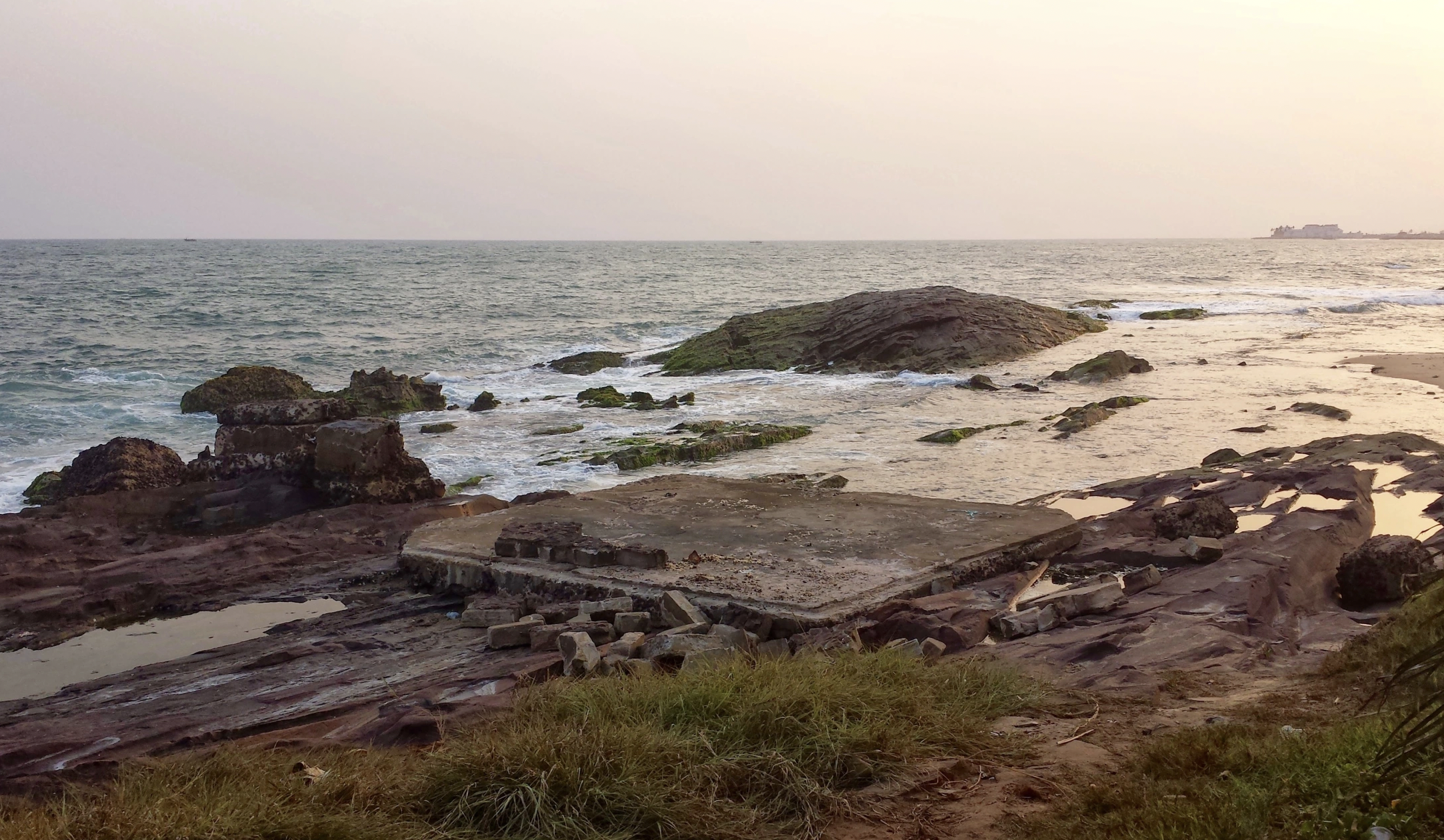
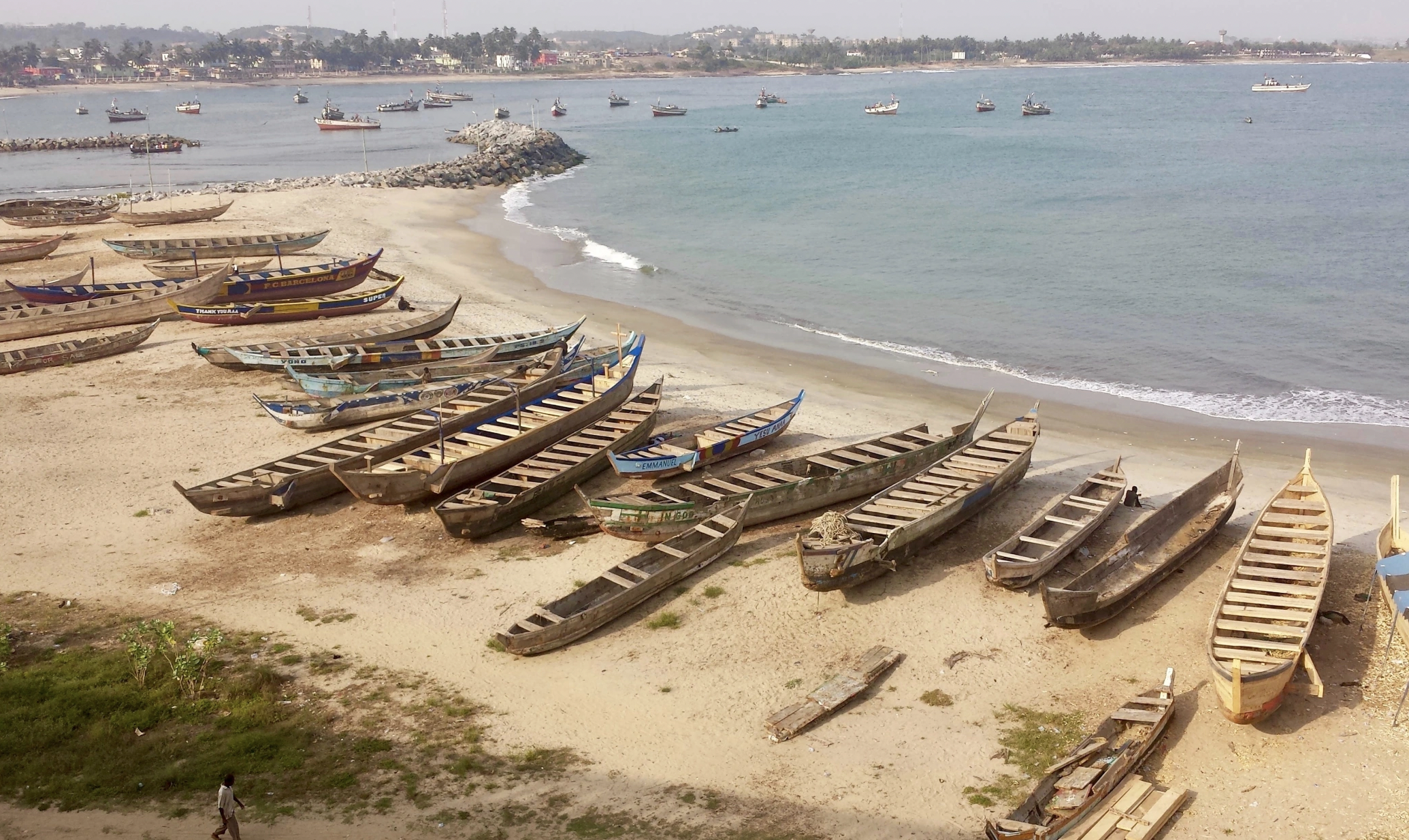
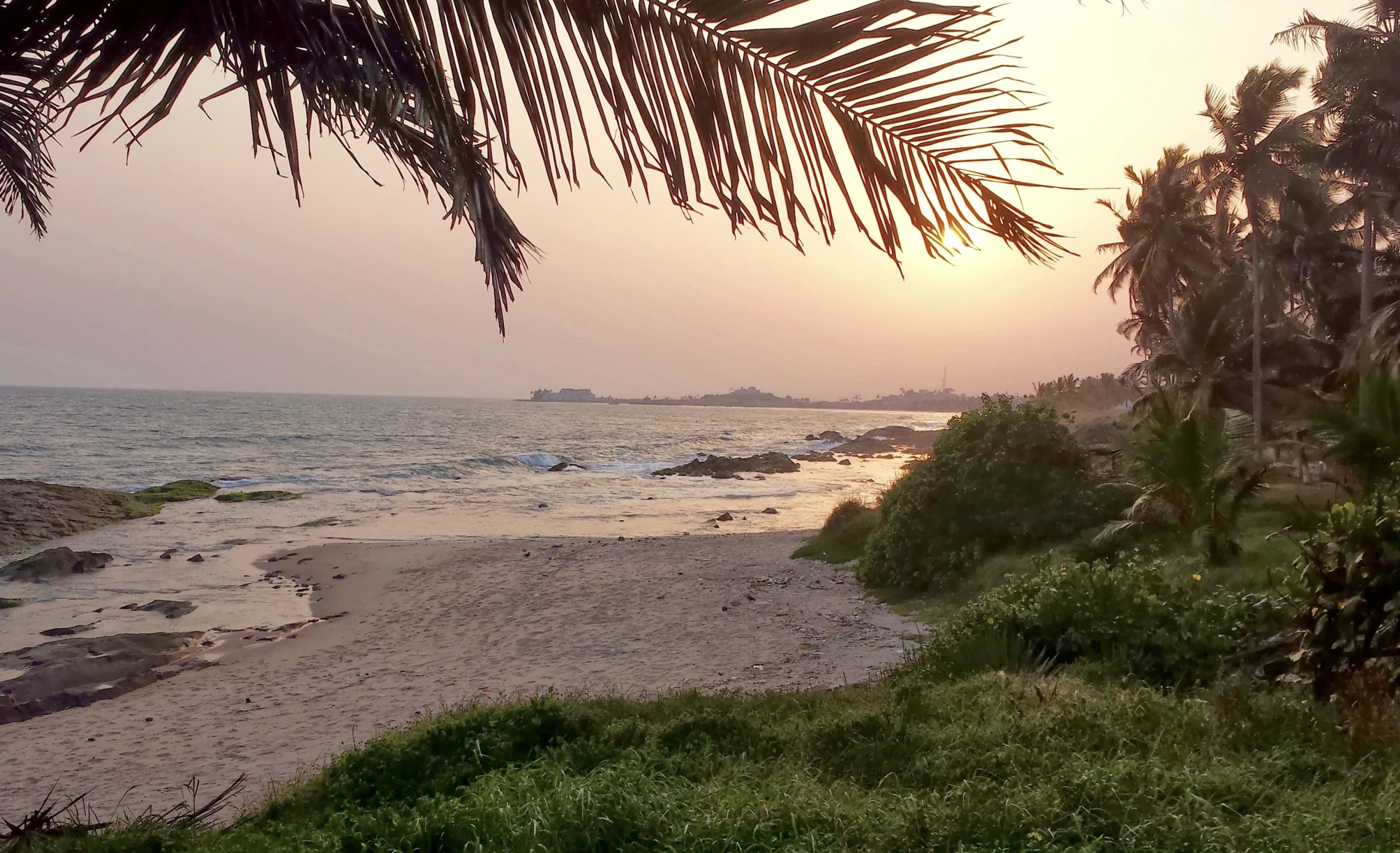
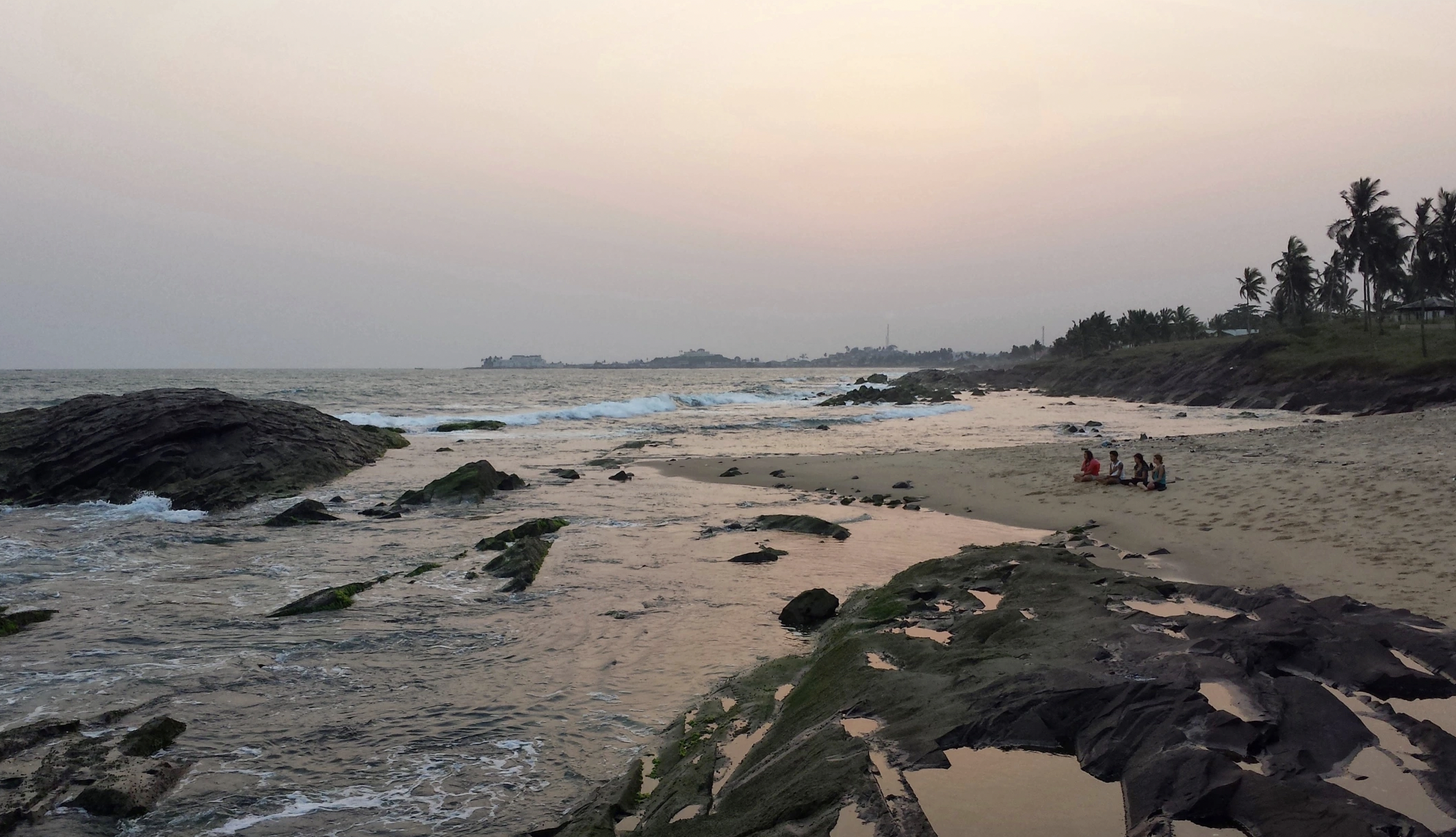
Recommendations for Food
Philipo’s for banku and tilapia – East Legon opposites Jerry’s bar
Fish and Fries for seafood – East Legon near University of Professional studies
Mama Africa for banku and tilapia – Osu, near Epo’s
Tasty Jerk for kenkey and pork – Osu near Epo’s
Certain foods only available during certain times of the day/week
Fufu (served mainly for lunch)
Agatha’s – Medina near Rawling’s Circle
Bush Canteen – Legon University Campus or East Legon
Asanka Locals – Osu or East Legon
Asaabea – Osu near Cuzzybro’s
Rice balls (Omotuo) Sundays after church
Mawuli – Labadi
For these local dishes, bowls of warm water and soap are brought out for guests to cleanse their hands before they begin to consume their meal
For people with sensitive stomachs or prefer more familiar dishes
Epo’s – Osu
Coffee Lounge – East Legon near the AnC Mall
Starbites – East Legon
Burger & Relish – Osu near Shisha Lounge
Goldin Tulip Hotel – near Airport
Barcelos – Accra Mall
KFC – Oxford Street in Osu
Chix and Ribs – AnC Mall
Pizza
Eddy’s Pizza – East Legon
Mama Mia’s – Osu
Papa’s Pizza – East Legon
Sports Bars
Champs (karaoke) – Paloma near Circle
Honeysuckle – Osu and AnC
Cuzzybro’s – Osu
Don’t shy away from befriending the locals and asking for recommendations. There are so many more options than just the ones I have listed above
CONCLUDING THOUGHTS
Ghana is a feeling I wish I could share with everyone. Ghana felt like home in so many ways. I understand that Ghana is only one country in Africa and many African countries are far from the same. But so many of them offer such beautiful cultures and experiences. In Ghana I found love, I found peace of mind, I found thrill and excitement, I found kindness and compassion. I learned to appreciate things that we often take for granted in our high pace society. I learned to slow down. I learned to pause and enjoy a fresh breeze or a cold glass of water on a hot day. If there is anything that I would like my readers to take away with them, it is this – do not be afraid to go beyond your comfort zone. Do not let others discourage you from following your path. There is so much more to gain from taking a risk and following your heart.
